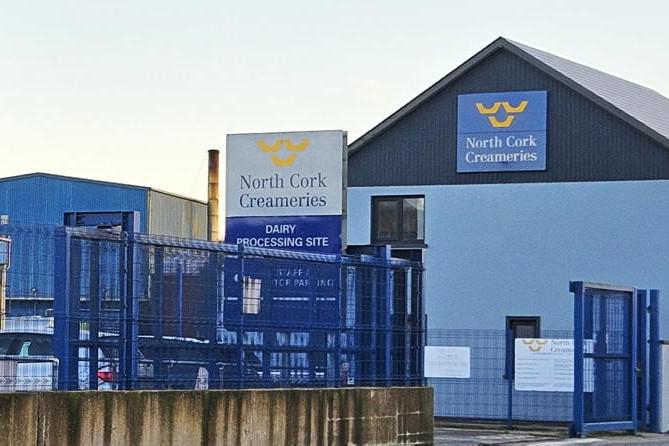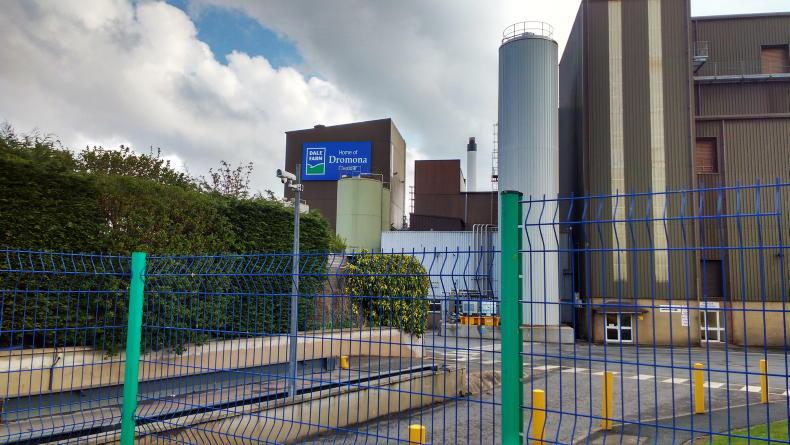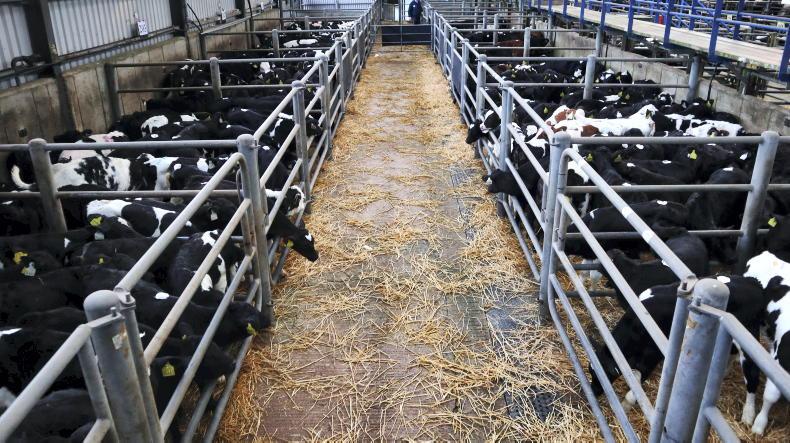Last week saw the official opening of a new research and development (R&D) centre at Wyeth Nutritionals facility at Askeaton, Co Limerick, following a €27m investment.
Wyeth Nutritionals Ireland manufactures more than 40,000t of high-grade infant formula powders and ready-to-feed liquids every year at the Askeaton plant.
Wyeth Nutritionals is owned by Swiss food giant Nestlé, which markets infant formula under a range of premium brand names including Illuma, Promil, Progress, SMA and S-26. Most of the infant formula made and packaged in Askeaton is destined for lucrative markets in Asia such as China, which is the world’s largest baby formula market, valued at more than €12bn in 2018.
According to Nestlé, this €27m investment in the Askeaton plant will increase the pace and capacity for new product development and innovation in its infant formula product range.
Investment
The €27m outlay on the new R&D facility at Askeaton is a significant investment by Nestlé and represents a welcome commitment by the Swiss giant to the Irish dairy industry. However, when compared with the profits that Nestlé has made from its infant formula business in Ireland, €27m is just a drop in the ocean for the world’s largest food company.
Accounts filed last year by Wyeth Nutritionals Ireland for its 2017 financial year show the business had sales of $655.8m (€574m) and made pre-tax profits $12.4m (€11m). However, the most glaring figure in the company’s 2017 accounts is the $1.1bn (€970m) dividend that Wyeth paid to its parent company, Nestlé. For the previous year in 2016, Wyeth paid $152m (€133m) in a dividend to Nestlé.
By any measure, these are phenomenal sums of money to extract from a subsidiary business and reflect the huge profit margins that are made in manufacturing branded infant formula.
Analysis carried out by the Irish Farmers Journal on the accounts of Wyeth Nutritionals Ireland from previous years reveals that Nestlé has extracted a total of $1.4bn (€1.2bn) in dividends from its Wyeth Ireland subsidiary since it first acquired the Wyeth business from Pfizer in 2012 for almost $12bn (€10.3bn).
The reason Nestlé can extract such enormous cash dividends from its Wyeth subsidiary is down to the huge profit margins in these businesses. Since the 2008 melamine scandal, where six Chinese infants died because of contaminated baby formula, the profit margins in infant formula have soared to highs of between 30% and 50% as worried Chinese parents demand the safest possible product for their children. For Chinese consumers, European-made baby formula is seen as the premium.
In 2014, Wyeth Ireland had an operating profit margin of 24%, which jumped even higher to 35% by 2015. For 2016, Wyeth’s profit margins widened further to a whopping 38%, meaning the business is earning hundreds of millions in profits every year.
While Nestlé and its infant formula subsidiary Wyeth has every right to make healthy profits, particularly when it owns the intellectual property rights to the infant formula products it develops, questions must be asked where the share of this phenomenal wealth generation is for Irish farmers who supply the traceable and safe primary ingredients that go into making Wyeth baby formulas.
An analysis carried out by the Irish Farmers Journal in 2017 showed that Irish co-ops supplying the large infant formula companies in Ireland with ingredients such as infant-grade lactose, skimmed milk powder and whey were receiving less and less of a premium for these highly specialised ingredients.
Prices for infant formula grade dairy ingredients have become so commoditised that co-ops are receiving a premium of as little as 5% or less on top of the world market prices for these products. Meanwhile, branded manufacturers such as Wyeth which dominate global market shares of infant formula sales, continue to make bumper profits thanks to the safety and traceability of the Irish dairy industry.
Concealing profits
Interestingly, Nestlé has begun taking steps to in effect conceal the profitability of its Wyeth business in Ireland. In 2016, Wyeth Nutritionals Ireland transferred the intellectual property rights for its infant formula business to its Nestlé parent for just over $1.6bn.
By transferring the intellectual property rights out of the business, Wyeth has now become a contract manufacturer for Nestlé and earned a fixed profit margin of 4% last year – much lower than the 38% profit margin earned the previous year. Transforming its Wyeth subsidiary into a contract manufacturer allows Nestlé to hide the profitability of its infant formula business from competitors but also from farmer-owned co-op suppliers.
Last week’s €27m investment in the Askeaton plant is a clear commitment from Nestlé to continue manufacturing in Ireland. However, the company has also benefited from the investments that Irish farmers have made in their businesses in terms of sustainability and traceability of Irish milk.
Farmer co-ops have also invested heavily in processing facilities to manufacture infant formula grade ingredients and deserve to be paid a price for high-value dairy ingredients that is more than the basic commodity price of world markets. By concealing their profitability, the infant formula companies in Ireland risk losing the trust of Irish farmers much in the same way that the Irish beef industry has little trust from farmers due to the lack of transparency.









SHARING OPTIONS